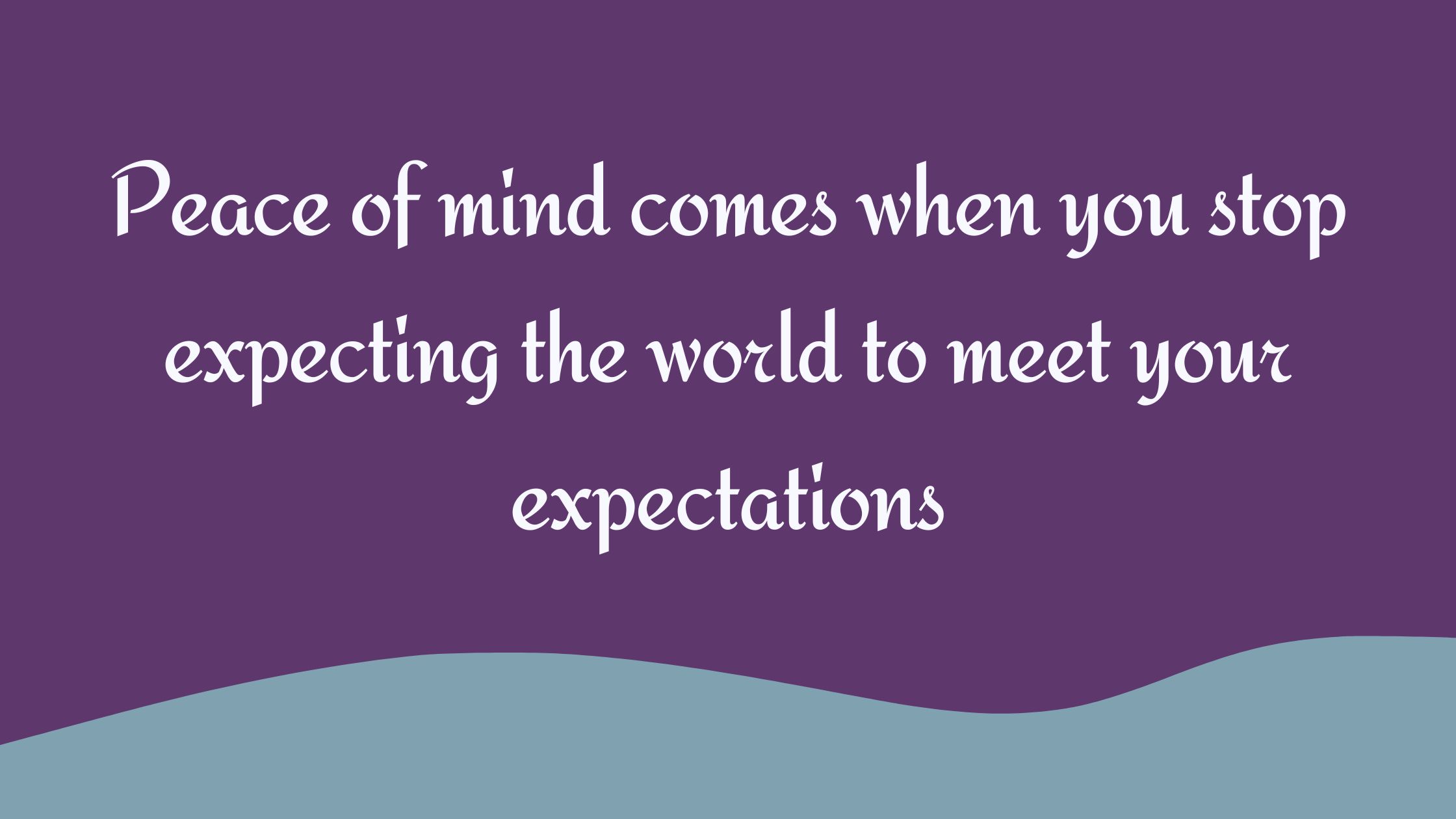5 Reasons Why You Always Think People Are Mad at You
Are you constantly concerned that people are angry with you? Do you find yourself anxiously analyzing interactions, looking for signs of annoyance or anger? You’re not alone. Many people struggle with this nagging thought process, often causing unnecessary stress and anxiety.
Here are five possible reasons why you may feel like people are perpetually mad at you. Let’s take a dive into this issue to understand it better and, hopefully, to put your mind at ease.
1. Anxiety and Overthinking
Anxiety can be a big factor in why you always think people are mad at you. Overthinking and anxious thoughts can distort your perceptions, making you believe others are upset with you when they’re not.
- Anxiety can cause you to overanalyze situations, leading to negative assumptions.
- It can result in you being hyper-vigilant about the actions and reactions of others.
Finding strategies to manage anxiety can be key to breaking this cycle of thought.
2. You’re A High-Empathy Person
If you’re a person with a high degree of empathy, you’re likely very attuned to the emotions and reactions of others. This can be a great trait when it comes to understanding and supporting the people around you. However, it can also lead to you misconstruing someone’s mood or assuming it’s related to something you’ve done, even when that’s not the case.
- You might read too much into subtle cues.
- Your sensitivity might cause you to assume negative feelings from neutral interactions.
Remember, it’s a strength to be in tune with others’ feelings, but not every emotion someone else is experiencing is a reflection of their feelings towards you.
3. Lack of Open Communication
Sometimes, the issue is as simple as not having open, transparent communication with the people around you. When communication is unclear or non-existent, it’s easy to fill in the blanks with your own negative assumptions.
- Miscommunication can lead you to believe there’s anger or annoyance when there isn’t.
- Lack of communication can cause uncertainty, leading to anxiety and negative assumptions.
Effective communication with others can help ease these concerns. Don’t be afraid to clarify things when you’re unsure.
4. Past Trauma Or Negative Experiences
Our past experiences often shape how we perceive the world. For example, if you’ve been subjected to anger or disapproval in the past, especially from significant figures in your life. In that case, you might be hyper-aware of the potential for these reactions in others.
- Past negative experiences may trigger fear of anger or rejection.
- Old patterns of thought and behavior can resurface, influencing your perception.
Recognizing these patterns can be the first step towards breaking the cycle and developing healthier perceptions.
5. You Have High Standards For Yourself
It’s natural to want to do well and make others happy. However, setting excessively high standards for yourself can lead to an overbearing fear of disappointing others.
- The fear of failure may be interpreted as others being angry with you.
- High self-criticism can lead you to believe others are equally critical.
Remember, everyone makes mistakes. It’s okay not to meet every expectation you set for yourself.
In short, remember that it’s normal to worry about what others think of you to a certain extent. However, if you find yourself perpetually anxious about others being angry with you, it’s important to recognize and address these feelings. Whether it’s through self-reflection, open communication, or professional help, remember that you have the power to change this narrative and live a life free of such constant worry.






